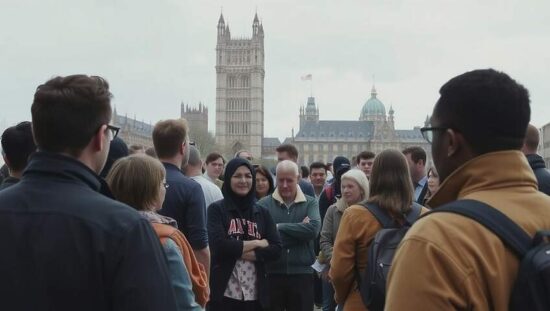A broad coalition of education specialists and experts on antisemitism is calling for a significant shift in how Germany approaches Holocaust education. Currently, the instruction on the Nazi era is often delayed until upper-level schooling, primarily impacting students attending Gymnasium (academic high schools).
Josef Schuster, president of the Central Council of Jews in Germany, expressed concern to Frankfurter Rundschau, stating that the current approach addresses the subject too late and insufficiently. He advocates for earlier, consistent and age-appropriate learning concepts, even extending to primary school levels. Schuster highlighted the dwindling number of Holocaust survivors and the proliferation of misinformation and hate speech online as critical factors necessitating a change.
The federal government’s Antisemitism Commissioner, Felix Klein, supports this call, emphasizing the need to integrate instruction on the Nazi era into the curriculum during the middle school years. He also argues for increased history class time, deeming the current allocation of one weekly lesson as inadequate and criticizing the trend of combining history with subjects like social studies and politics. Klein stresses the importance of incorporating biographies into the curriculum.
Acknowledging potential pitfalls in presenting graphic content to younger students, Klein suggests there are numerous pedagogically valuable methods to explore memory and remembrance in the middle school years. He observes that the current approach, primarily addressed in upper-level schooling, often proves too late for many students.
The National Student Conference (Bundesschülerkonferenz) echoes this sentiment, criticizing the theoretical nature of current history instruction. Quentin Gärtner, the organization’s general secretary, argues that rote memorization of dates and textbook facts fails to foster genuine concern or prevent bullying. He advocates for mandatory visits to concentration or extermination camps and aligns with Klein’s call for earlier instruction.
Stefan Düll, president of the German Teachers’ Association, points to insufficient time allocated to history, particularly concerning the Holocaust and Germany’s role during the Nazi era. He suggests a return to a greater emphasis on the subject.
Düll also noted the challenge of relying on collective knowledge, as many teachers lack direct, first-hand accounts from the post-war period. He argues that democracy education must also examine the realities and achievements of the Federal Republic of Germany, highlighting its progress in areas such as prosperity, security, mutual respect, tolerance and freedom.
Niko Lamprecht, federal chairman of the German History Teachers’ Association, believes that events occurring 80 years ago can seem distant to many students, akin to learning about ancient times. He emphasizes that the Holocaust should be a central focus, not a brief footnote.





